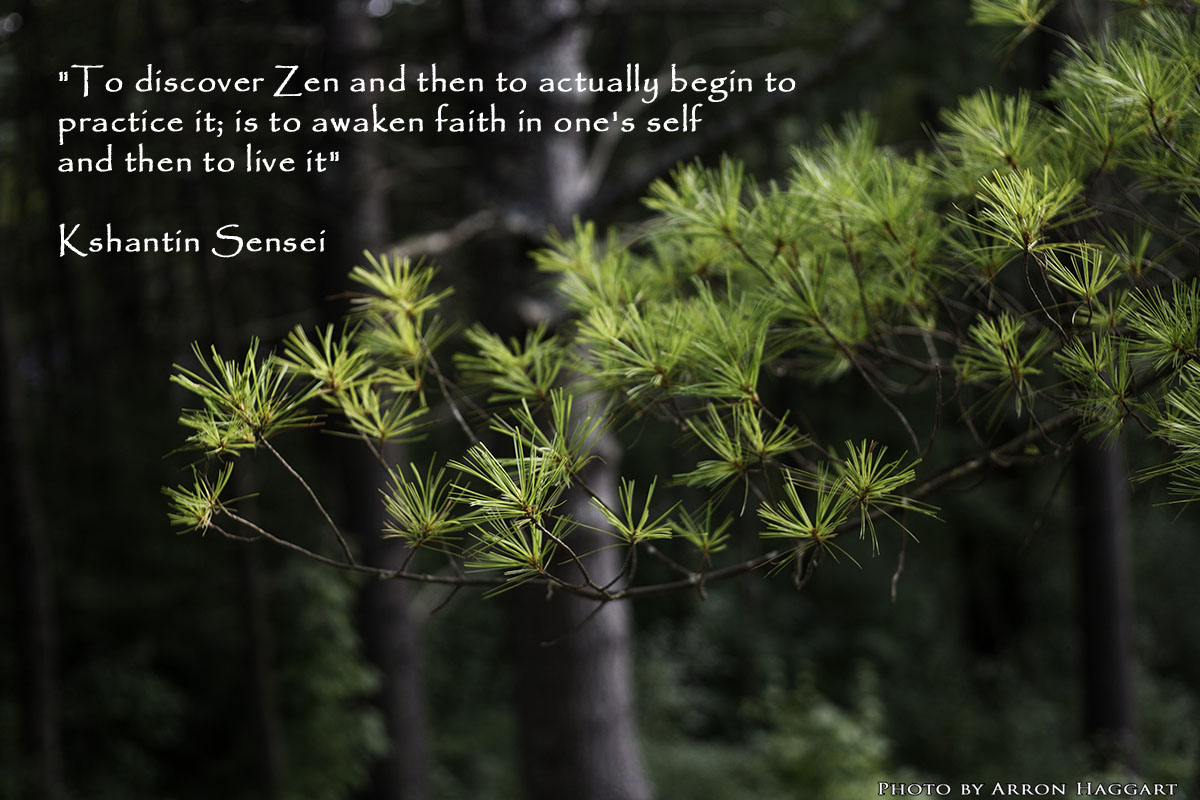 Born in Vienna, Austria, in the early 1940s, Sensei Kshantin Joern Curtiss, M.F.A. ’71, immigrated to the United States as a young child. His father was Lutheran and his mother was Catholic, but the only sponsors the family could find were Mennonites. “So we had to live in Illinois, where the Mennonites were,” Curtiss explains. “That meant my father, a fine artist who had lived in major cities like Paris and Berlin, had to get used to living in Eureka, where he worked at the Libby pumpkin-canning factory,” Curtiss laughs. “A year or two later we went to Florida.”
Born in Vienna, Austria, in the early 1940s, Sensei Kshantin Joern Curtiss, M.F.A. ’71, immigrated to the United States as a young child. His father was Lutheran and his mother was Catholic, but the only sponsors the family could find were Mennonites. “So we had to live in Illinois, where the Mennonites were,” Curtiss explains. “That meant my father, a fine artist who had lived in major cities like Paris and Berlin, had to get used to living in Eureka, where he worked at the Libby pumpkin-canning factory,” Curtiss laughs. “A year or two later we went to Florida.”
Growing up in Miami Beach, Curtiss felt uncomfortable with many of the basic tenets of Christianity. After serving three years in the Army, he enrolled in the University as an art history major with a sculpture minor. During that time he worked in the campus bookstore, which is where he purchased the book that would eventually change his life. “I purchased The Buddhist Bible and The Three Pillars of Zen. I never read them; I just thought they looked good on my shelf,” he admits.
A series of experiences—lifeguarding on Hollywood Beach, landscape architecture, and sailboat racing among them—followed graduation before Curtiss decided he would return to school for a doctorate. While studying psychology and psychotherapy, it occurred to him that there was much talk about “the mind,” but no one knew what the mind really was.
“That’s when I suddenly remembered The Three Pillars of Zen, and I decided to read it,” he says. “It was amazing. Zen Buddhism deals in facts, actuality. It teaches you that no one can save you; you have to do the work to save yourself and understand basic fundamentals, like why we live and die, what happens when we die, who we really are. Buddhism is a non-dualistic religion—there’s no right or wrong, no bad or good. When you transcend these concepts, you are fundamentally free.”
For the last 20 years Curtiss has run the Zen Life Meditation Center in Hollywood. “Zen is a very difficult practice. You have to be serious about wanting an awakening, or a kensho,” he says. “And everyone who applies has to read The Three Pillars of Zen. I put them through the grinder.”


